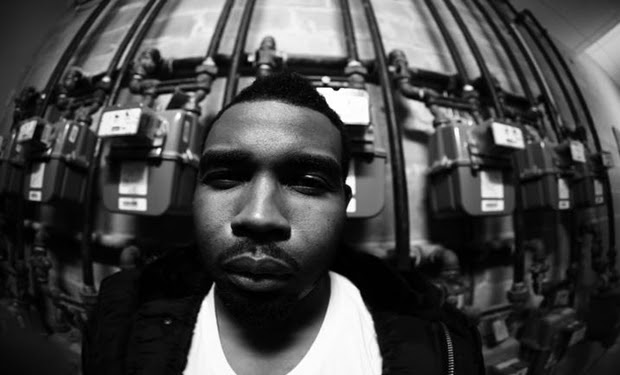Whitney Houston’s passing hurt. We watched her circle the drain for years, but we wanted that tap dance on the lip of the volcano to end well. At least I did. Unfortunately, rooting for her welfare and wishing for a full-fledged, second coming full of pop melodic goodness was not to be. A mother, daughter and creative muse to legions of musicians is gone too soon. It’s heartbreaking.How do you disconnect the legacy from the let down? How do you make sense of the tangled web of brilliance and disappointment? Whitney Houston’s death is a conundrum for fans who want to celebrate her life and talent without obsessing over her self-destructive tendencies. Houston is forever tied to decades of excess and bad behavior. She was also the owner of a miraculous voice and an vocal precision that eluded even the most accomplished of singers.
The drugs happened and you can’t run from that, but Houston’s legacy is that of a space and time where she achieved perfection. Nothing can erase that.
Houston was compelling from the start. On the cover of Whitney, her debut album, she stared back at us beautiful, natural and unassuming. At a time when women were presented in a caked makeup and shoulder pad frenzy, with hair as big as the moon, she looked like us and not the odd woman-like caricatures fashion turned us into. And that voice, it filled every crevice of the room from which you listened. Some notes bled outside the lines, but the power and warmth were undeniable. The songs weren’t overtly trendy or popish. They were standards in the making and Whitney quickly became exactly the standard by which the pop singer was measured.
Whitney was omnipresent, but never overexposed. She soundtracked little girls lives and crafted their fashion sense. Sometimes sexy, but never slutty, Houston was momma approved and she crossed over genre, age and race boundaries with an ease not seen until that point.
The likes of George Benson, The Four Tops and Marilyn McCoo were happily jacked for some of their biggest hits and their versions anemically fell by the wayside. (Do you really remember George Benson’s rendition of “The Greatest Love of All?” Did you even know he possessed it for years before Whitney slid it off of him?) Houston even had to remind us at the end of “I’m Every Woman” that Chaka Khan was the original owner. There was one cover though, that signified the moment Whitney Houston crossed over into the realm of iconic.
A reinterpreted Dolly Parton song not well known outside the confines of country stood as theme for Houston’s theatrical debut in The Bodyguard. “I Will Always Love You” haunted juke boxes for years, but Houston took the sentimental Dear John letter and turned it into a power ballad of the highest order. You could argue it’s one of the greatest deliveries ever recorded. I wouldn’t argue back. Listening to this music and recalling how talented and young Whitney still was makes her death all the more tragic.
There are those who ask why fret? She was some celeb you never met. You didn’t really know her. They are wrong. We did know Whitney. Music is the foundation upon which plenty of emotional souls are built and those who craft at a high level open up their core to all, inviting both love and ridicule. We knew her spirit. We knew her worth, even if she, at times, did not.
Whitney Houston’s legacy is her glorious music. She was the most talented singer of her generation and her gift should have trumped her curse. In my sad revisionist mind, it always will. She was an imperfect vessel through which a perfect voice flowed and her spirit and talent are worthy of loving and reverential remembrance. She gave too much for it to be anything else.
Follow shelz. on Twitter @ http://twitter.com/shelzp
Follow Us on Twitter @ http://twitter.com/planetill
Join Us on the Planet Ill Facebook Group for more discussion
Follow us on Networked Blogs





One thought on “Whitney Houston: The Gifted And The Cursed”